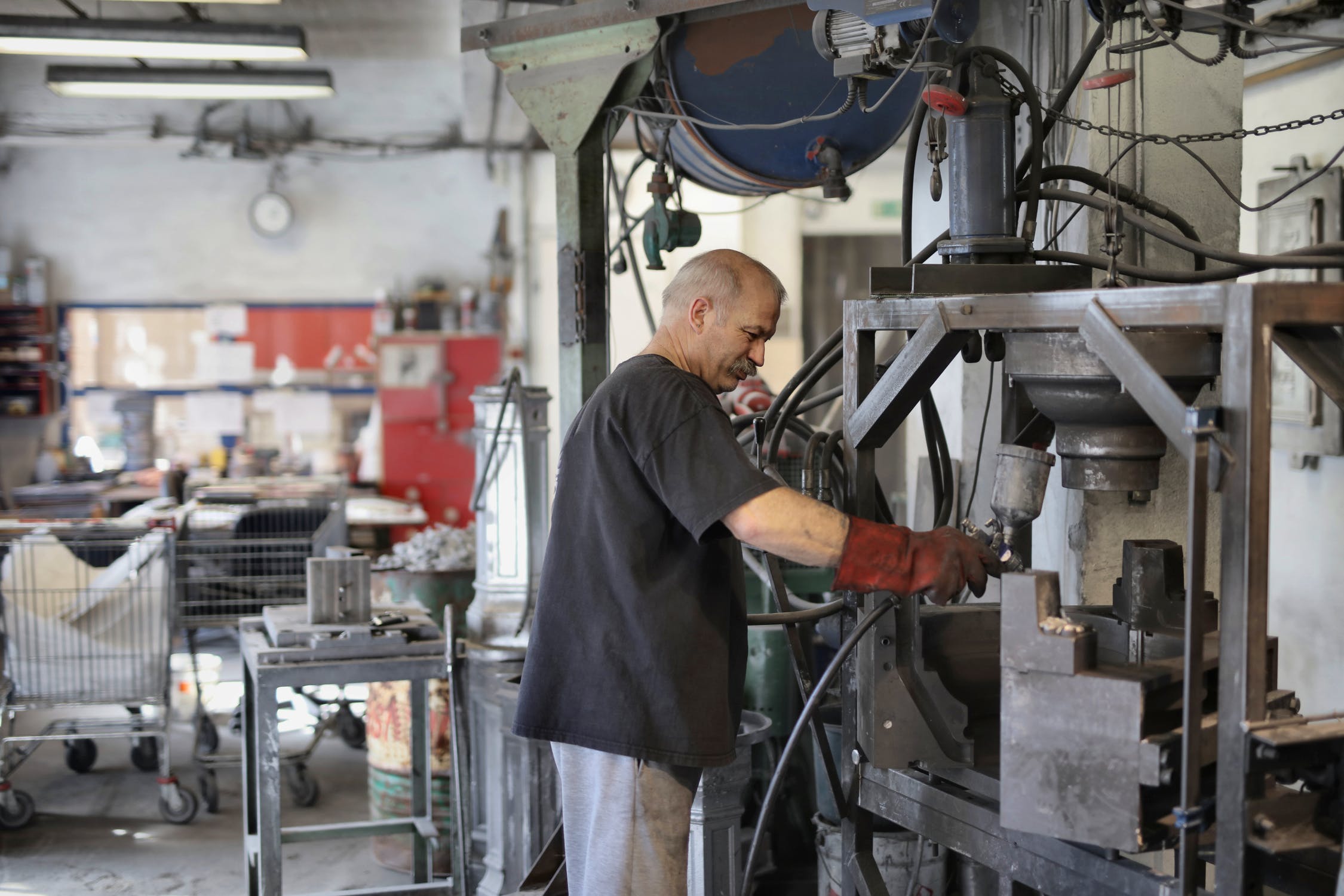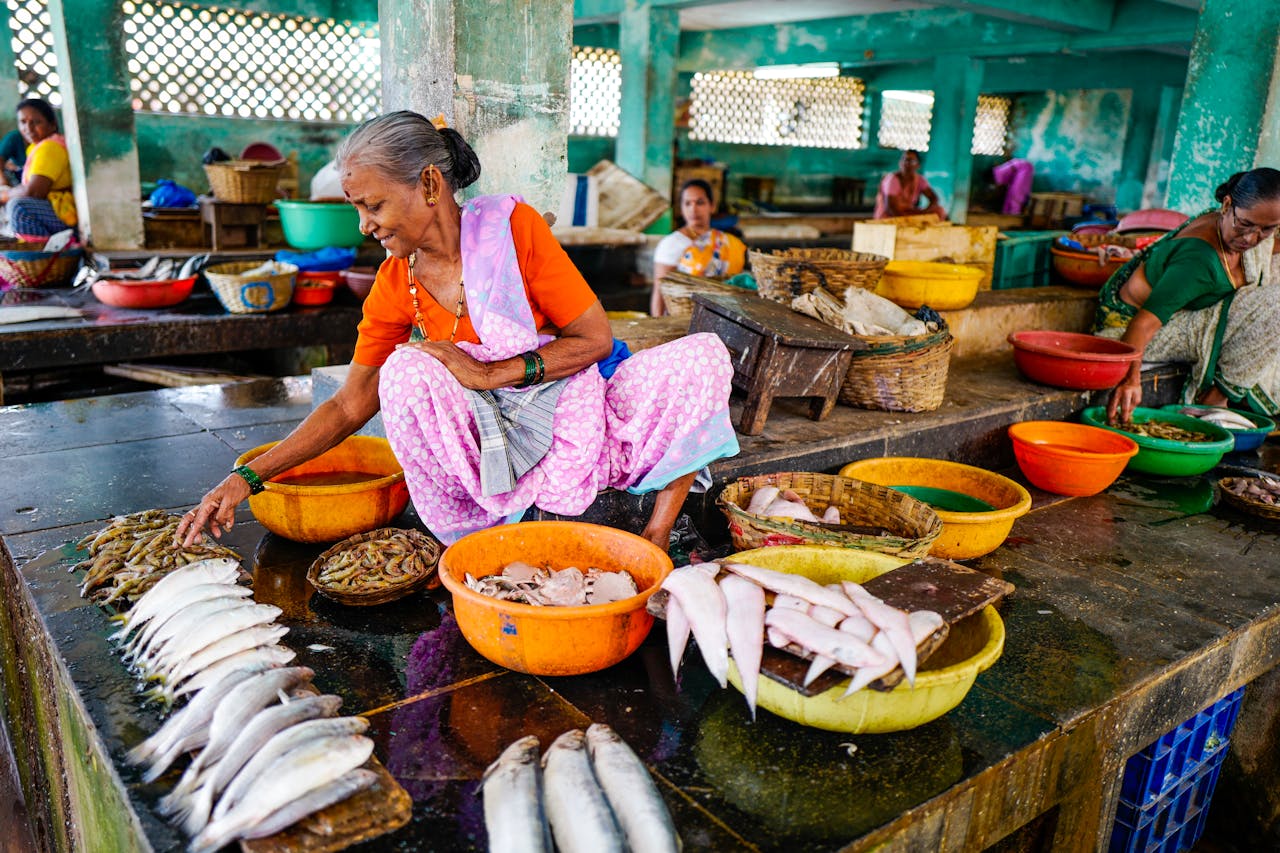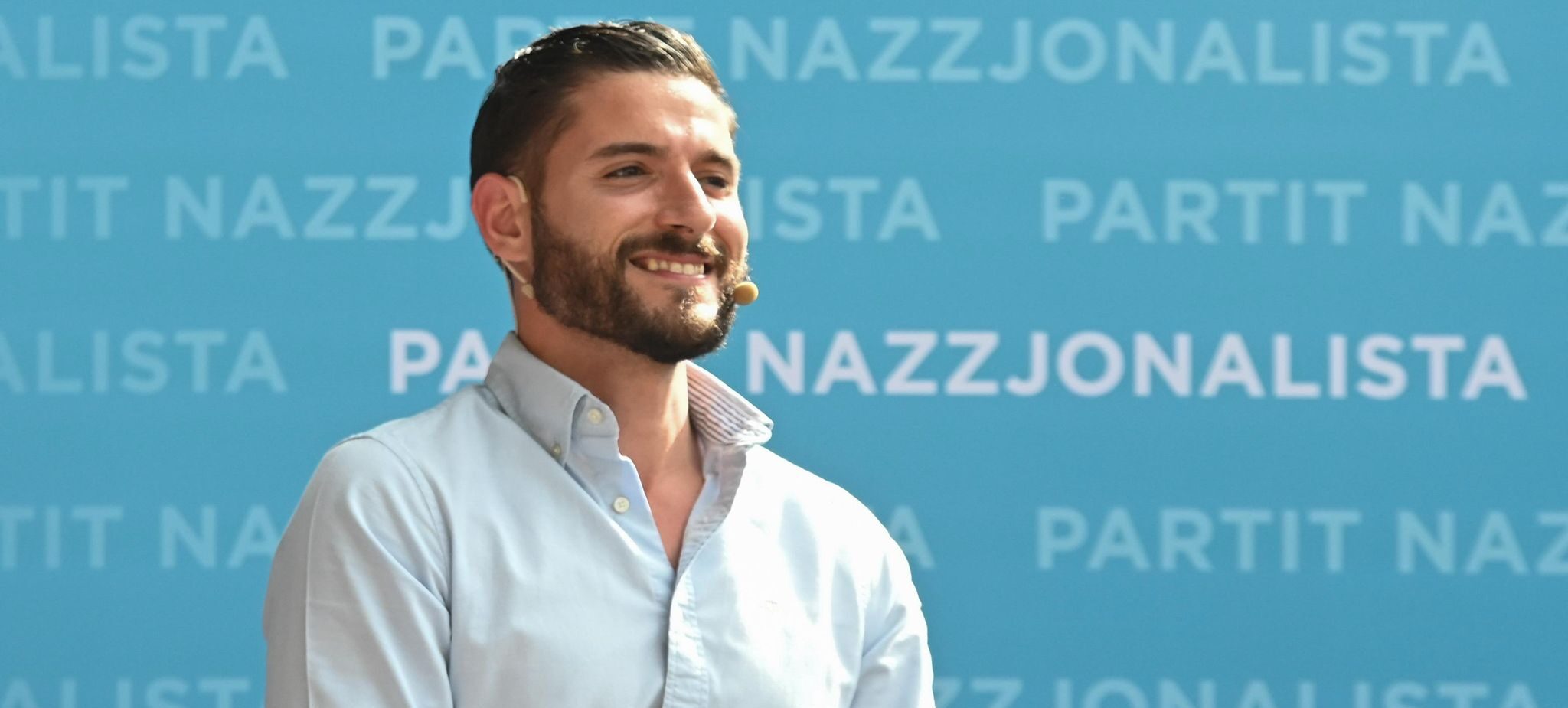On Wednesday (today), a study by the European Union Intellectual Property Office (EUIPO) revealed that 13 per cent of Maltese citizens accessed or streamed content from illegal online sources to watch sports.
This figure, established from a study on EU citizens’ perception, awareness, and behaviour, is one per cent higher than the EU average (12 per cent).
Overall, Bulgaria is where this practice is most common in the EU with 21 per cent of total respondents admitting to using illegal online sources to watch sports. This was followed by Greece (20 per cent), Ireland (19 per cent) and Luxembourg (18 per cent).
In addition, it found that 28 per cent of individuals who illegally streamed sports in Malta were aged between 15 and 24. On an EU level, youths in this age group access sporting events illegally at twice the rate of the total population.
Here again, Bulgarian youths have the biggest share of illegal streaming at 47 per cent, 20 per cent higher than the EU average. The country was followed by Spain and Greece (42 per cent each), Slovenia (39 per cent) and Ireland (34 per cent).
These numbers are particularly relevant within this year’s context of multiple sporting events that are followed by people across the globe, particularly Europe. This includes UEFA Euro 2024, Tour de France and the Olympic and Paralympic Games in Paris.
Overall, 25, 824 online interviews were conducted between 30th January 2023 and 15th February 2023 with residents aged 15 and above, in all EU Member States.
Reacting to the study findings, EUIPO Executive Director João Negrão noted that it is “crucial” to play fair, both for the players on the field and as well as spectators at home.
“The intellectual property (IP) rights behind these events protect and enhance our experiences as fans, support our athletes and inspire future European and world champions,” he said.
Mr Negrão highlighted that by watching official broadcasts and buying licensed products, “sports continue to thrive for generations to come.”
Live-event pirates have numerous methods to push unauthorised content online, including illegal subscription services and open internet streams fuelled by advertising revenue.
These operators use sophisticated techniques to bypass detection, often leveraging legitimate content distribution services.
Even in the case of event broadcasts on free channels, such as the Olympics or the final rounds of the UEFA championships, “online piracy persists.”
This is particularly highlighted as EUIPO estimates that piracy across all media generates €1 billion in unlawful revenue annually.
EUIPO notes that the problem of live-event piracy “is an existential one for the financing of sports. The revenues generated through IP rights are redistributed to the sports movement and athletes on the basis of solidarity.”
In an EUIPO conference, held in October 2023, International Olympic Committee’s Athletes’ Commission Chair, Emma Terho said that with illegal streams “the whole solidarity funding model of the Olympic movement is put in jeopardy.”
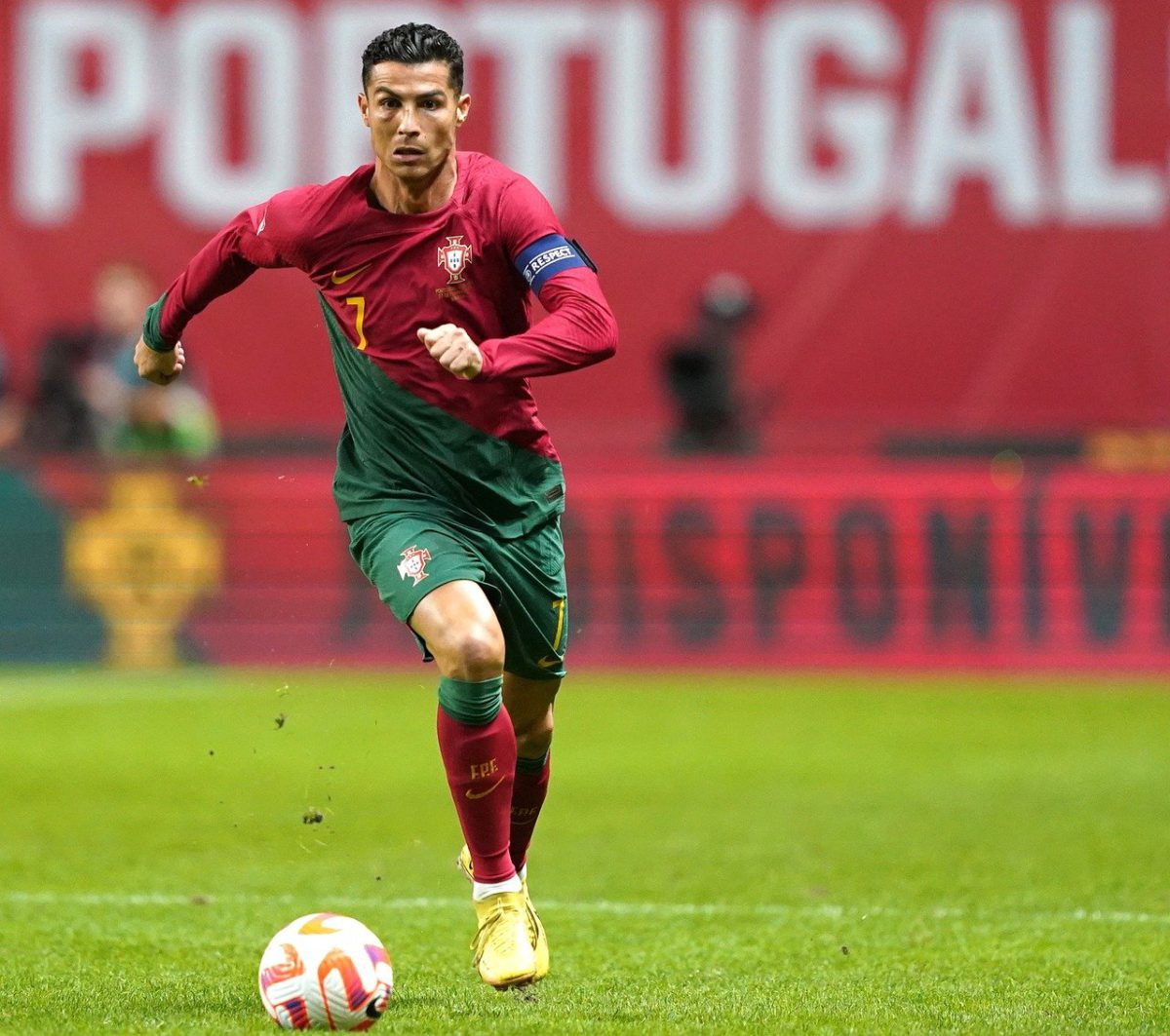
Football stars such as Kylian Mbappé, Cristiano Ronaldo and Lionel Messi have sought IP protection to leverage their popularity. Similarly in other sports worlds, Carlos Alcaraz, Novak Djokovic, LeBron James and Steph Curry own EU trademarks.
Beyond the broadcast rights involved in major sporting events, IP is everywhere, from the Olympic rings and the names and likeness of top athletes to the competitors’ sports gear and the official mascots and souvenirs of the events.
In addition to sports broadcasting difficulties, EUIPO stated that the EU sports equipment sector suffers from an estimated €851 million in lost sales per year.
This does not include sportswear like fake football shirts and knockoff sports shoes, which represent a significant portion of the overall estimated €12 billion of clothing counterfeits in Europe per year.
According to its IP and Youth Scoreboard, an average of 10 per cent of the EU youth – aged 15 to 24 – admit to purchasing fake sporting equipment intentionally.
This is most common among Greek youngsters with 18 per cent who have done so. On the other hand, seven per cent of young European consumers admit to having bought counterfeit items by accident.
Individuals intentionally buying fake goods in Malta stood at four per cent, one per cent higher than those who have unintentionally done so. The EU average in this case stood at 10 per cent and seven per cent respectively.
France, Austria, and the Netherlands experience the highest monetary losses.
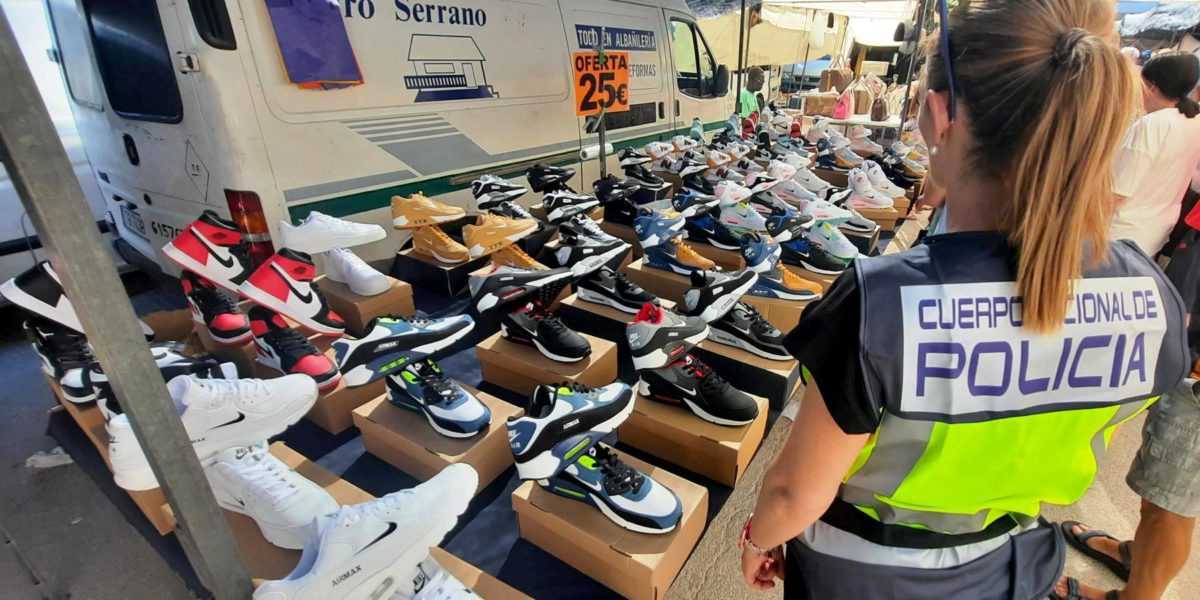
Combating online piracy and fake sporting goods
In terms of proportional impact, Romania, Lithuania, and Hungary suffer the most, with counterfeit sports equipment accounting for up to 20 per cent of total lost sales respectively.
In Malta the ratio of lost sales stood at 12.3 per cent.
Counterfeit equipment has further economic repercussions. Another study by EUIPO reveals that companies suffer from a damaged brand reputation due to lower quality copies, and European economies see a rise in scepticism around the soundness of investing in innovation.
Furthermore, fake goods also pose serious health risks to consumers because they do not comply with European health, safety and environmental protection standards.
“As indicated by the EUIPO and OECD study on dangerous goods, counterfeit sports equipment can fail at critical moments and also contain toxic or hazardous ingredients,” the office continued.
Across the EU, countries and affected parties are combatting live event piracy by relying on regulations and technology to block illicit online services.
The European Commission has adopted two recommendations, one focusing on combating online piracy of sports and other live events, which led to the establishment of a network of dedicated national administrative authorities.
Another one is to combat counterfeiting through increased enforcement and awareness to which the EUIPO contributes through dissemination, implementation and monitoring efforts.
Moreover, efforts to fight piracy include EUIPO’s Agroteka, a tool to help viewers identify legal offers for online content, including sporting events.
So far, through operation ‘fake star,’ an initiative targeting counterfeit goods infringing well-known brands, police authorities in Europe detected and seized eight million counterfeit luxury and sporting goods. More than half of the 14 million items seized in 2023 and 264 people arrested.
This included fake textiles, footwear, labels, leather goods and clothing accessories, with an estimated retail value of €120 million.
During the operation, 552,611 footwear items, 1,140,343 pieces of sportswear and 5,497,460 fake labels with logos were detected. The seizures confirm that many of the final fake goods are finished in Europe, where the counterfeit logos are applied to unlabelled products. In exposing counterfeiting rings, the operation also uncovered other serious crimes, such as organised crime, smuggling, fraud and money laundering.
Over 280,000 workers begin receiving bonus payment in recognition of hard work
The payment ranges between €60 and €140
India emerges as fastest-growing destination for Maltese residents
New data shows a rise in trips to India, underscoring the growing role of the Indian workforce in Malta’s economy
Alex Borg wants to make Malta a hub for cryptography. What does that mean?
He describes it as the 'invisible infrastructure of trust' in the digital world




